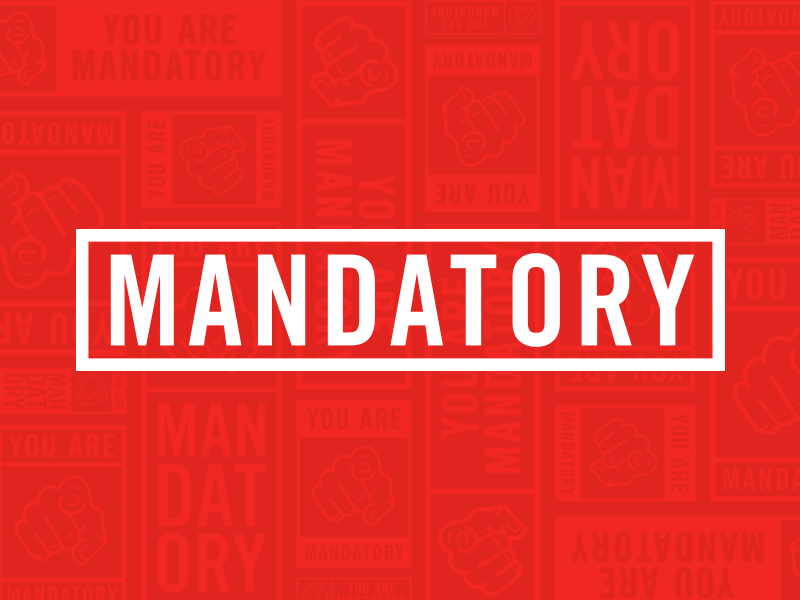Last year networks tried “Pan Am” and “Playboy Club” and they didn’t make it. Why do you think “Magic City” connected and was able to continue?
It’s almost for others to say but my gut feeling is, or my hope is that the storytelling was solid and compelling in spite of the period. I remember the first time I saw The Godfather. I was going to school in London and I walked out of the theater and it was days later that I realized it was a period movie. I was so drawn into the family and into the world that the cars and the clothes,
I remember thinking, “Oh right, Michael was wearing a uniform in the beginning so it must be the Second World War.” I literally got seduced by the great storytelling. I didn’t even think about it as period, so hopefully “Magic City” functioned as good, solid storytelling entertainment and then the icing of period worked for it as opposed to being the reason why it existed. I don’t know about those other shows because I really didn’t watch them. I was 24/7 in this world but if it became about the style of the show more than the actual characters and storytelling, we’d be in danger.
Outside of Vera and Meg, it’s pretty rough for women in “Magic City.” Does it continue to be in season two?
I love writing for and about women. In my whole career I have. There are characters, hopefully like Vera and Meg, who are trying to break out of the ‘50s model of what a woman was supposed to be: a mother and housewife. These are two women who are, in their own ways, trying to push against that world. The character of Mercy, Dominique Garcia’s character, conflicted Cuban-American Catholic girl but her dream was to become a flight attendant which in the ‘50s was a way out. So all those characters, the character I think you’re most referring to is the Judi Silver character played be Elena Satine,
And Willa Ford’s character.
Willa Ford’s character, both, but Willa Ford’s character isn’t in the second season.
No, but she took a beating.
I’m saying it doesn’t continue because she’s not there anymore, and Elena’s character is in jeopardy always because I talked a guy who was a manager of the Fontainebleau and said historically, the call girls there would rent stools at the Boom Boom Room, the bar, from the bartender. They’d pay for the season. It was, by nature of the job, dangerous and had the potential for violence in it. So Vera, Meg and Mercedes are taking one path, another path and even Judi as the season progresses is in jeopardy, but I pray consciously it’s not misogynistic.
Well, it’s realistic.
That’s the idea.
You talked about wanting to unleash these characters in the second season, so what then does it take to introduce a character like Sy Berman?
All the research I’ve done told me, and anecdotal as well as hard research, that the mob, particularly the Chicago outfit, was very hierarchical. Godfather references it in the Meyer Lansky/Bugsy Siegel relationship, the Moe Green relationship to Hyman Roth. I love the notion that we get to know The Butcher, Ben Diamond, and he seems like the top of the pyramid, but in this world, everybody has to serve somebody. He has to answer to Sy Berman,
The difference in style is apparent the second you meet them. Ben Diamond is this elegant, vaguely demented, sociopathic character, but he presents as a man of wealth and taste, silk robes, where Sy Berman is much more of a street Jewish mob guy. Their connection is based on pre-1959, so much money was coming out of Havana into the mob that they would overlook anything that Ben Diamond was doing down there, because he’s always the same guy. Once they got thrown out of Havana and come back to Miami Beach, that faucet’s turned off and all of a sudden there’s more scrutiny as to Ben’s flamboyance and partners being killed and things that he’s doing that aren’t good for business. That’s when Sy Berman enters as his handler saying, “Wake up, man. You’re costing us money.” That’s really the reaction.
You co-wrote Scrooged. Was it from experience that you decided to make him a TV executive?
It was. The one thing that Michael O’Donoghue and I said, we both have had two bosses in our lives and we combined the two of them. I can’t say who they are but do the research. They’re there. Michael and I decided that the idea of making a TV programming executive as the meanest man at Christmas felt correct. Bill Murray and I are still really close and we texted each other today. When it comes to Christmastime, that time of year, it’s such a joy.
I love that Scrooged still lives and families are now showing it to their kids. It was a conscious thing that Michael O’Donoghue said when we decided to take the job, because it was really open ended. It was just: how would you guys like to do a modern retelling of A Christmas Carol? There’s nothing else to it. Michael said at the time, “If we do our job right, this is something that will live long past us.” Of all the things we’ve done, it’s true. Every time Christmas roles around I get happy. No more residuals, but I get happy.
If they redid it today it would probably have to be a banker or Wall Street guy.
You’d think, yeah. It’s the world we knew. We set it in the equivalent of 8H, the “SNL” stages because we knew it, but also it gave us a chance to talk about popular culture. The opening of creating all those “Father Loves Beaver” and all that stuff, gave us a bigger canvas to write about. It still resonates. “The Night the Reindeer Died” you’ll see on cable TV soon.






